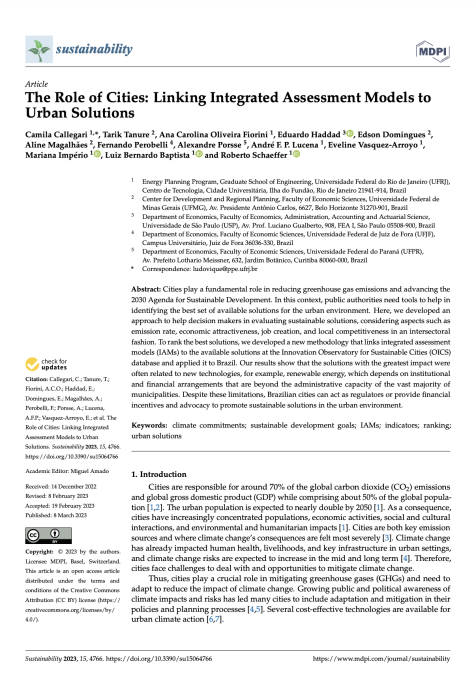COMEXI-PCNS webinar series 2024: Nearshoring boom: lessons from Mexico and Morocco
Nearshoring in Mexico
Nearshoring in Mexico presents both importance and challenges for businesses. The country's proximity to the United States, its largest trading partner, offers strategic advantages such as reduced transportation costs and shorter lead times, making it an attractive destination for nearshoring operations. Additionally, Mexico boasts a skilled labor force, particularly in industries like automotive, aerospace, and electronics manufacturing, which align well with the needs of many nearshoring companies. Moreover, Mexico benefits from trade agreements like the USMCA (United States-Mexico-Canada Agreement), providing preferential access to key markets. However, nearshoring in Mexico also faces challenges, including security concerns in certain regions, bureaucratic hurdles, and regulatory complexities that may impede the ease of doing business. Infrastructure constraints, such as inadequate transportation networks and energy supply, can increase operational costs and pose logistical challenges for companies. Addressing these challenges while leveraging Mexico's strategic advantages is crucial for maximizing the potential of nearshoring in the country.
Nearshoring in Morocco
Nearshoring in Morocco is significant due to its proximity to Europe. This stability, coupled with developed infrastructure and efficient logistics, facilitates seamless operations and reduces investor uncertainties. It offers advantages like reduced transportation costs and access to a skilled workforce, particularly in the engineering and IT sectors. Trade agreements and government investments in infrastructure support nearshoring activities, making Morocco attractive for European companies to optimize their supply chains. The country's political stability, developed infrastructure, and efficient logistics bolster its appeal to investors. Macro factors such as trade openness and stable exchange rates further enhance its attractiveness. Moreover, Morocco boasts solid legal frameworks that prioritize and protect business rights and economic incentives, ensuring a stable and predictable business environment. However, challenges persist, including skill mismatches, technology transfer, and SME upgrading. Addressing these, alongside pressing concerns like achieving carbon neutrality and digitalizing the economy, is essential for Morocco to fully leverage its potential as a competitive nearshoring hub and sustain its appeal to foreign investors.
Importance of the webinar
In this context, the exchange of experiences and lessons learned between Mexico and Morocco is instrumental in bolstering their nearshoring opportunities and overcoming challenges in this domain. By sharing insights into their respective nearshoring endeavors, both countries can leverage each other's strengths and address common obstacles more effectively. Through collaboration and knowledge sharing, COMEXI and PCNS can contribute to identifying innovative solutions, actionable strategies, and the maximal capitalization of trends in the global nearshoring landscape. This exchange can also result in ideas that foster mutual growth and competitiveness in the nearshoring sector, that help drive economic development and create new opportunities for both nations.








